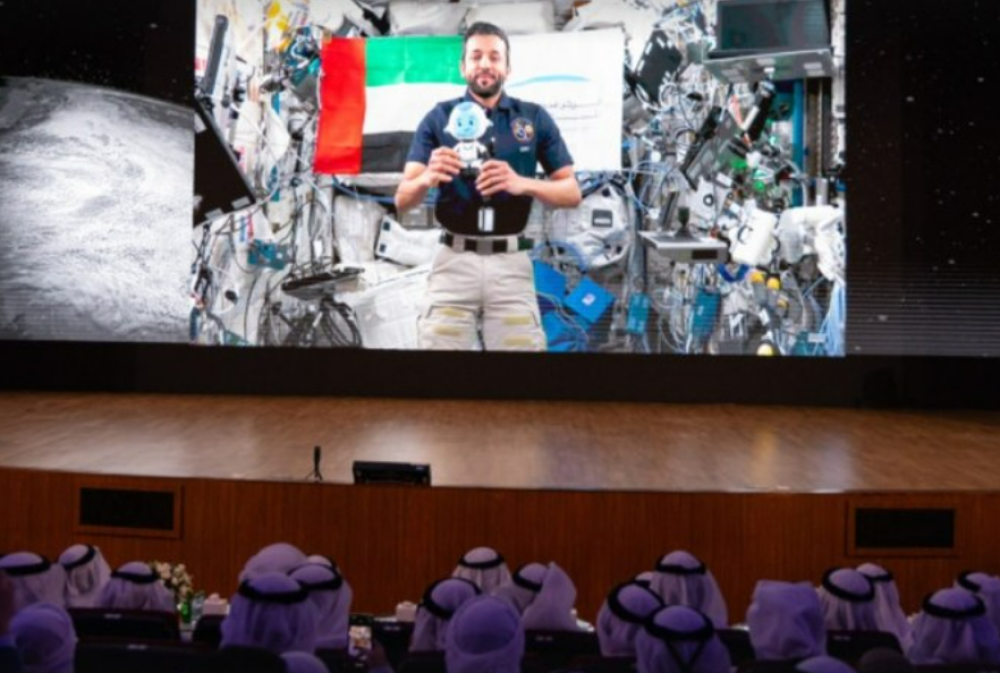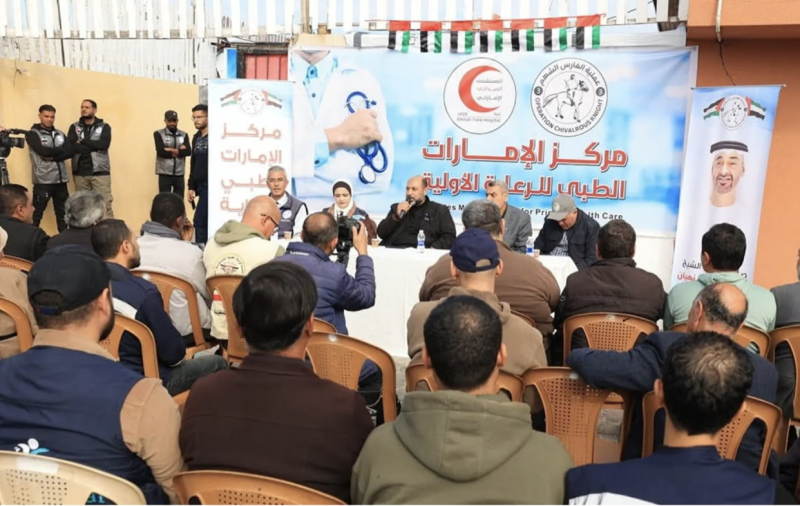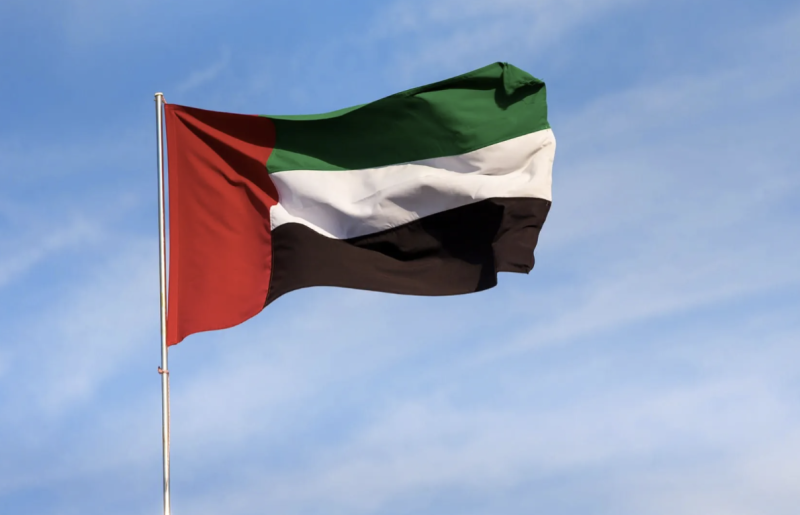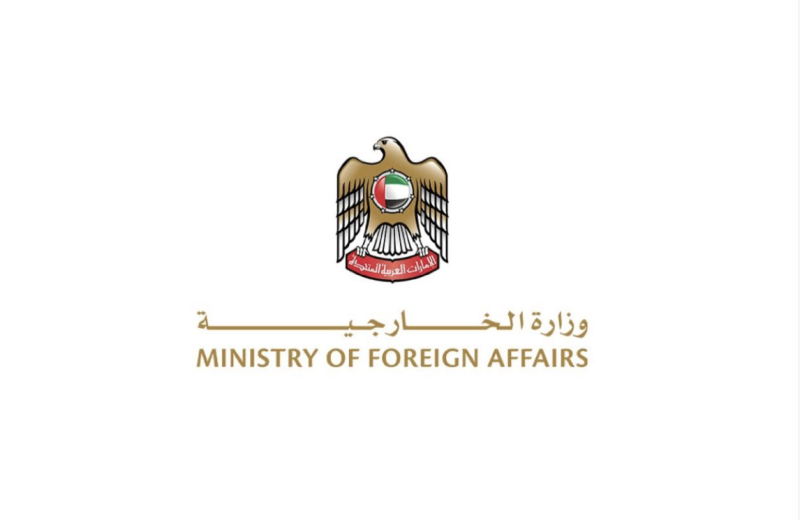Emirati astronaut says Arab world has a young audience ‘thirsty to learn more about space’


The Arab world has a young audience “thirsty to learn more about space” and “it’s our (astronauts’) responsibility to deliver the knowledge to them in an interesting way,” Emirati astronaut Sultan Al-Neyadi told The Guardian on Saturday.
Cited by Emirates News Agency in an interview with the British newspaper, Al-Neyadi, 42, said there was an apetite in the Arab world for wanting to know more about space and it was an obligation to “deliver these findings (about space) to them in an easy way … especially the youngsters ... I would love to be a source of information, a source of inspiration for them. So it’s really a big responsibility.”
The Guardian commented: “Deep and soul-stirring, the songs of the late Egyptian icon Umm Kulthum have been played countless times in taxis and coffee shops across the Arab world. Now, thanks to the musical tastes of a pioneering Emirati astronaut, they have found their way to the sterile white halls of the International Space Station.”
Al-Neyadi said that he wanted during his mission to bring a taste of Arab culture to space. “Everybody is watching us; everybody is excited about space. I heard a lot of my colleagues say: ‘It’s really nice to hear a different language on the station,” Al-Neyadi was quoted as telling the newspaper.
The Guardian highlighted the fact that more than half of the several hundred people who have ventured across the boundary of space have been Americans, with celestial travel dominated for decades by Nasa-trained astronauts or Russian cosmonauts.
“So far, there have been only six visitors to space who are Arabs, now known as “najmanauts” based on the Arabic word for star, “najm.”
The newspaper report said that Al-Neyadi “has posted regular video updates in Arabic on social media about life in the space station, explaining his abnormal daily life, from eating vacuum-packed space food to keeping fit in a weightless environment by using a weight-lifting device that creates its own resistance.”
In the article published on Saturday, the newspaper highlighted the perspective Al-Neyadi has provided for the global space-watching community, taking photographs of Middle Eastern cities and famed locations that “celebrate a region often negatively stereotyped in the West.”
He described Beirut as “the city that breathes art, culture and beauty,” while the Suez Canal was the “heart of global trade … (that) has brought continents closer for over 150 years.”
Taking images using his own camera from the space station and posting them online has created much online excitement.
The Guardian further mentioned that two Saudi najmanauts — Rayyanah Barnawi, the first Arab woman in space, and Ali Al-Qarni — joined Al-Neyadi for an eight-day mission.
It was the first time that three Arabs were in space together at the same time.

Abu Dhabi -- The UAE has inaugurated the Emirates Medical Centre in Khan Younis, south of the Gaza Strip, as part of the Operation Chivalrous Knigh…

Abu Dhabi -- The United Arab Emirates has condemned the shooting incident that occurred at Brown University in the state of Rhode Island, which res…

Abu Dhabi -- The United Arab Emirates has condemned in the strongest terms the terrorist attack that occurred at a Jewish gathering in the city of…